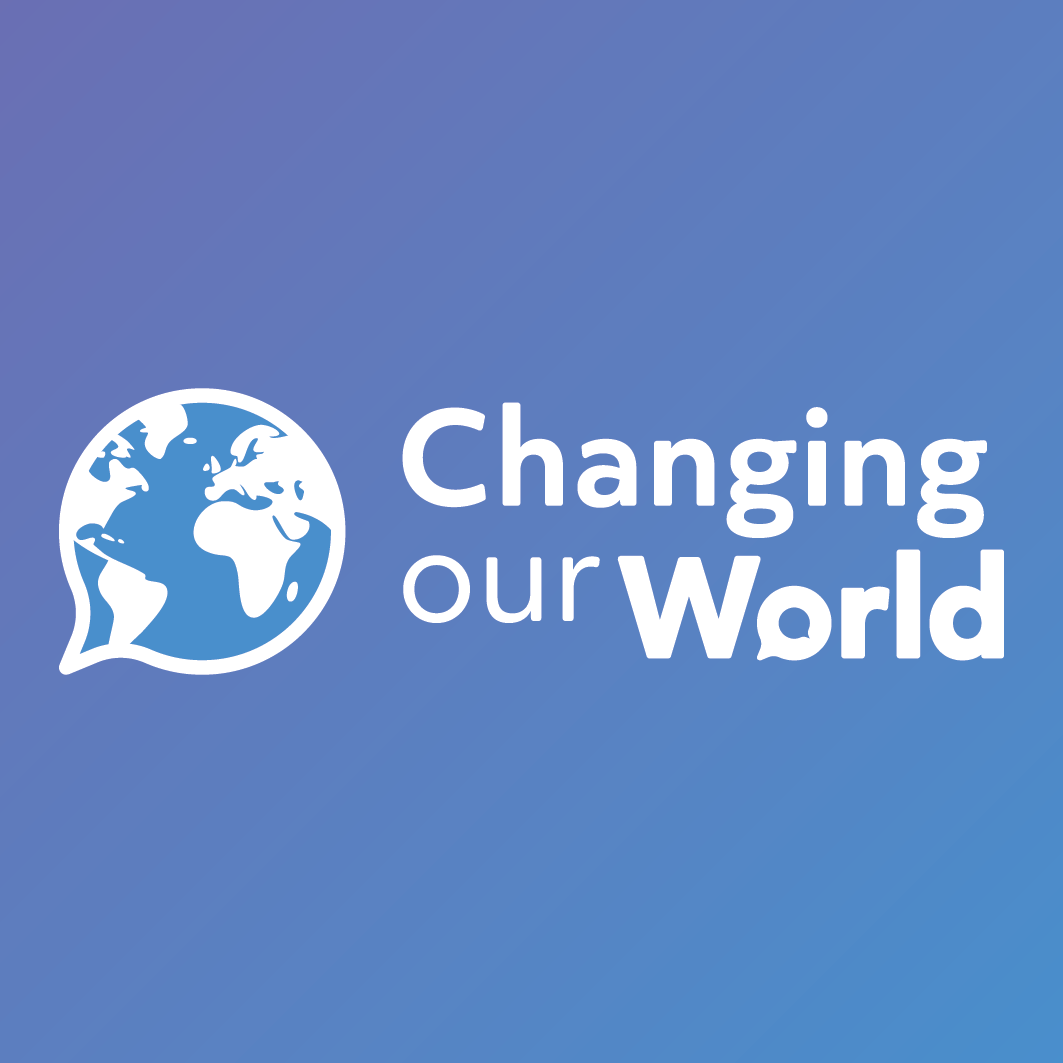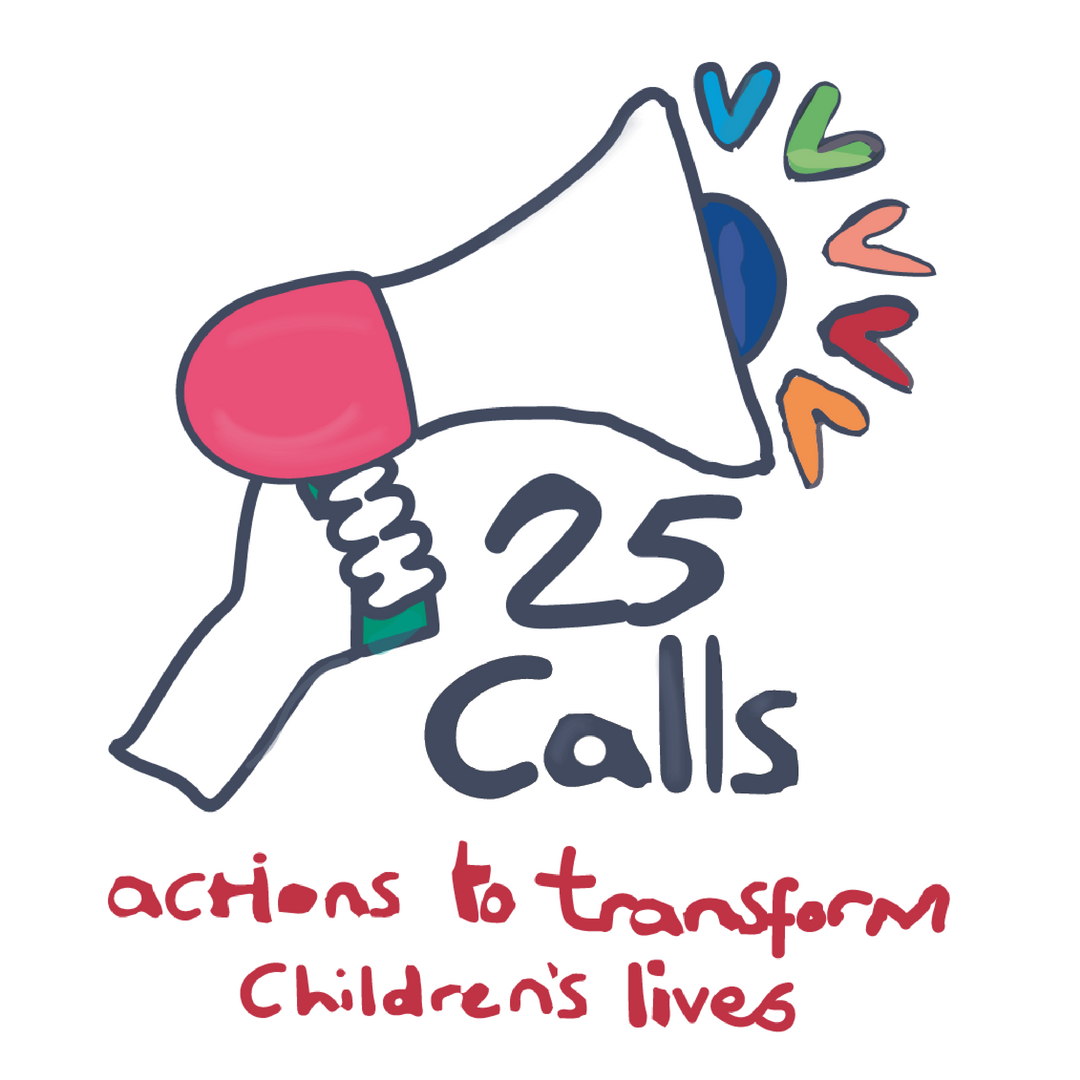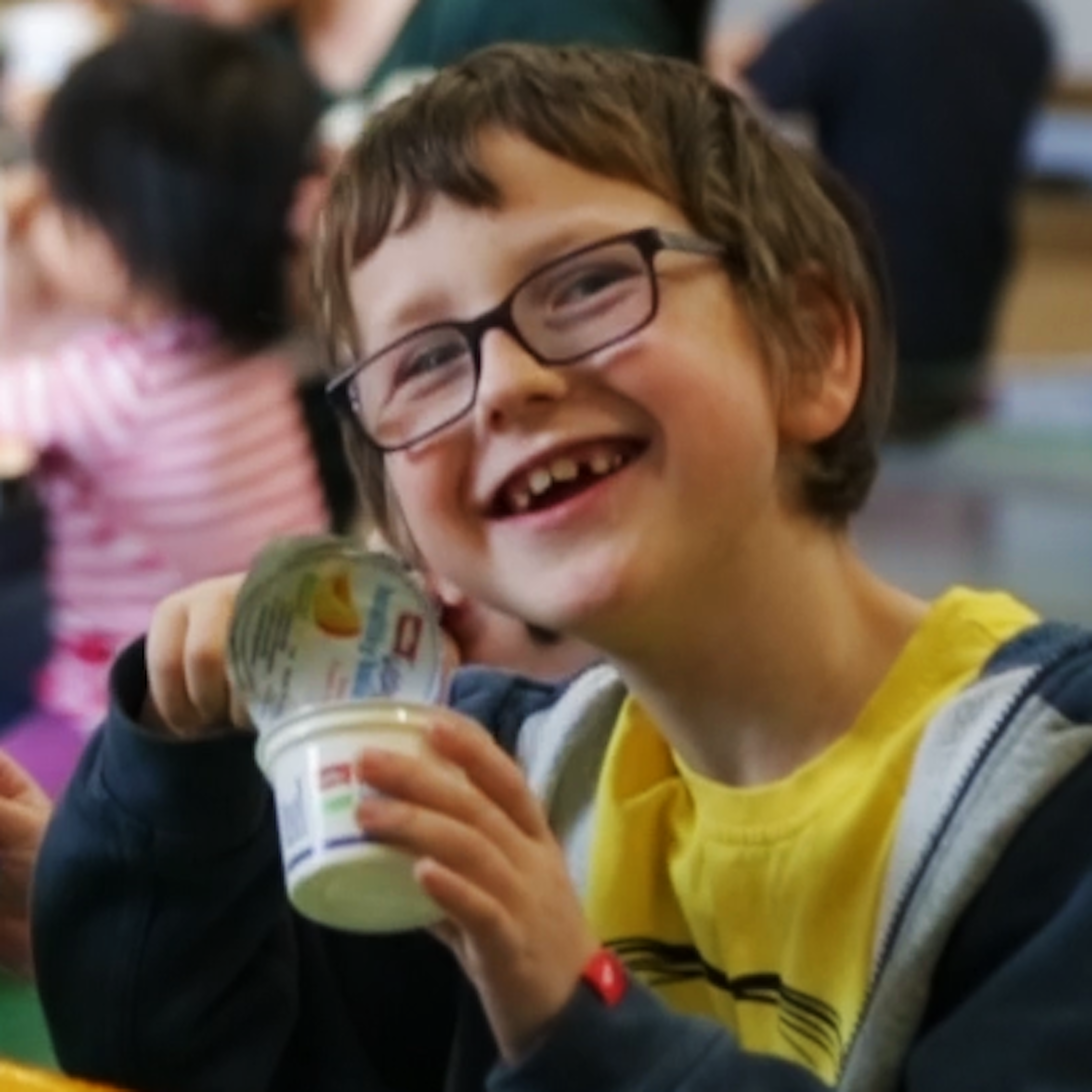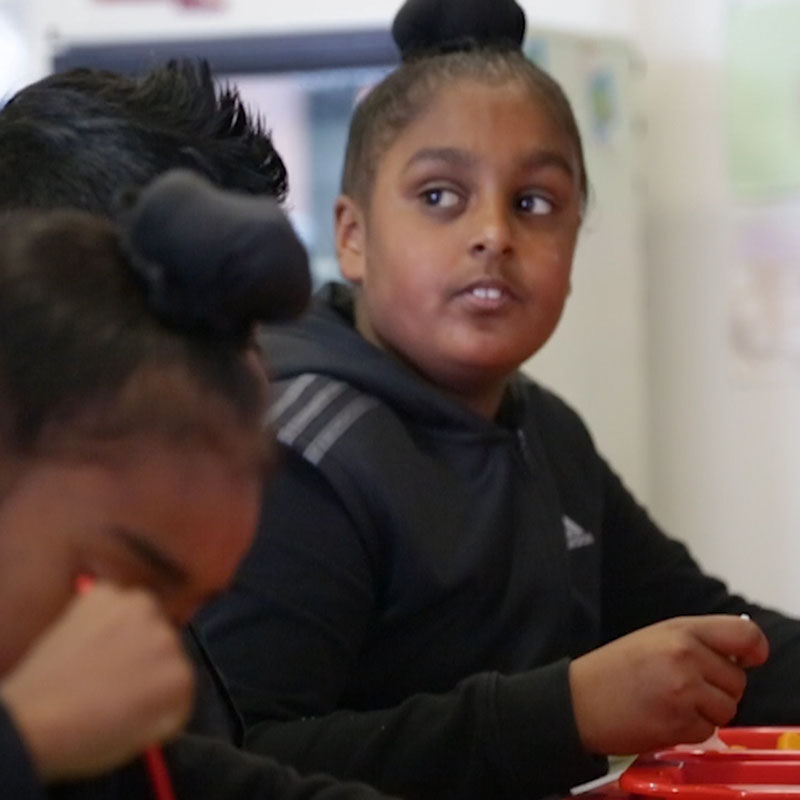Measurement and mission statement: what our new values mean to us
5 May 2022
Chris Small on why we decided to refresh our values and the thinking behind the updated wording
What’s the point of values? In our view, as an organisation with a remit to improve children’s lives, they are vital.
Here are a few quotes from a survey of our staff, explaining why:
“Values provide a set of core beliefs and principles that act as a guide to how we should approach our work, external and internal relationships and communications”
“They help define our personality and inspire staff to a greater sense of purpose and engagement.”
“Values give everyone a shared sense of belonging to a larger mission in order to motivate us and drive our work”
“They act as a benchmark for how the organisation should behave.”
Values have been important to us as an organisation since we were founded 29 years ago. But over the past decade we’ve been more assertive about them, threading them through internal work and public-facing activities.
In interviews recruiting for new staff, we ask candidates to talk about their experience in the context of our values. In one to one supervision, line managers ask staff they support to use our values as a reference point for discussing their work.
Our 2017 rebrand was about bringing our values to the fore, telling people what we believed in and how we wanted to achieve a more equal society for children.
Many contributors to our 25 Calls campaign (2018-20) referenced the power of values – our own and those of the organisations and young people we work with.
Our 2021-26 Manifesto picks up on that concern. Call 32 says the children’s sector must achieve ‘a fully values-driven workforce through refreshing its commitment to the Common Core of Skills, Knowledge and Understanding and Values for the Children’s Workforce in Scotland’.
But we’re also aware that values can evolve alongside organisational and societal change. We’ve learnt a lot since our previous values wording was created in 2014: about how best to take a stand on issues young people care about, how to absorb learning from projects, how to be more accessible, and how to ensure staff, young people and members can participate in our decision-making.
We want our values to be built on that learning and to correspond to the sector and society we’re part of now. So last year we decided to refresh the values, initiating a six-month project that included consultation with our staff, our children and young people’s advisory group Changing our World, our members and our Board.
The update balances the voices of those core groups, and makes our values feel more human, relevant and in tune with 2022. So, what’s different?
Changing our World members were rightly insistent that a commitment to equality, diversity and inclusion was of overarching importance. That’s why it’s included in a new introduction which explains the purpose and meaning of our values.
The first of the four values is Brave, illustrating our determination to champion children’s rights and advocate for young people, even on issues that might attract hostility.
But we’re conscious that ‘bravery’ has wider meanings. It doesn’t have to be a synonym for ‘strong’. As our Head of Services Billy Anderson argues in the new edition of our members’ publication Insight, being vulnerable is often the foundation for courage.
Collaborative speaks to Children in Scotland’s character as a partnership organisation with democratic instincts. We felt our ability to bring voices together to achieve shared aims needed to be stated more explicitly in our values.
We now describe ourselves as Open and Fair, reflecting our aspiration to always be as transparent and accessible as possible and to share our learning and ideas.
Finally, we are Kind, a word that came up repeatedly in responses from our staff and Changing our World. I view it as reflecting a quality of the organisation that’s been evidenced forcefully over the past two difficult years, and which we will continue to live by.
There’s also some deliberate continuity with the values wording introduced eight years ago; our commitment to accountability, trust and respect isn’t something that’s going to go away.
Through the work of our designer Angus Doyle we’re able to bring this language together with energy, colour and visual impact, as you’ll see from the graphic on our new Vision, Priorities and Values page.
Thank you to our staff, young people’s advisory group, members and board for taking part in the project.
I hope that, on reading the new values, you recognise something of your experience of Children in Scotland. We believe they give us a description of who we are, a way of measuring how well we’re doing, and a mission statement for what we want to achieve.
Click here to read our refreshed values in full
Chris Small is Children in Scotland's Communications Manager

Introducing our refreshed values
We’ve updated how we describe our beliefs, qualities and ambitions
Click here to read
About the author
Chris Small was formerly Children in Scotland’s Communications Manager
View our staff profiles here
2021-26 Manifesto
Our Manifesto is supported by organisations from across the children's sector
Click here to read more
Changing our World
Our children and young people's advisory group helped to shape our values
Click here for more
25 Calls
Our anniversary campaign shared ideas on how to enhance equality and rights
Click here for more
An equal chance to flourish
As part of our 2017 rebrand, we rearticulated our work and ambitions for change
Click to watch a short film
Join us in membership
Become a member and be part of efforts for change to improve children's lives
Click here for more



